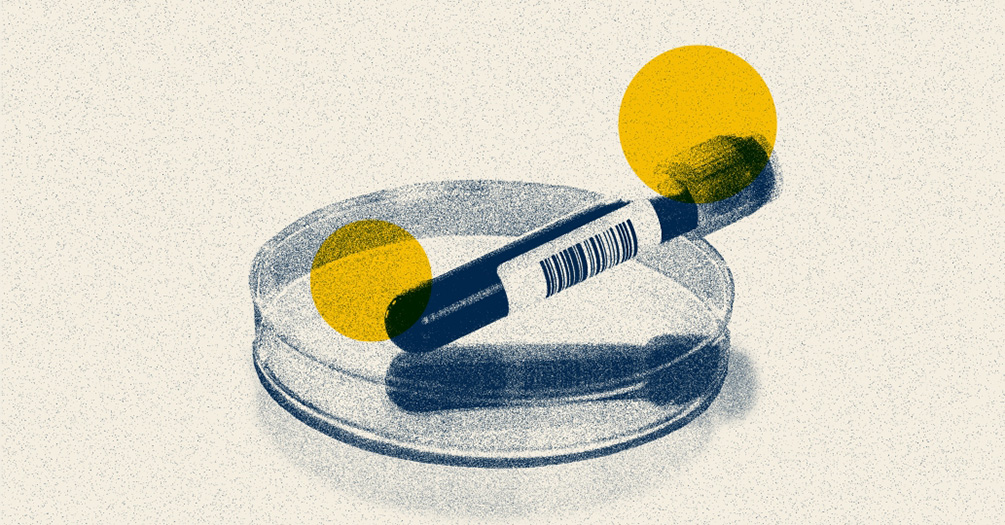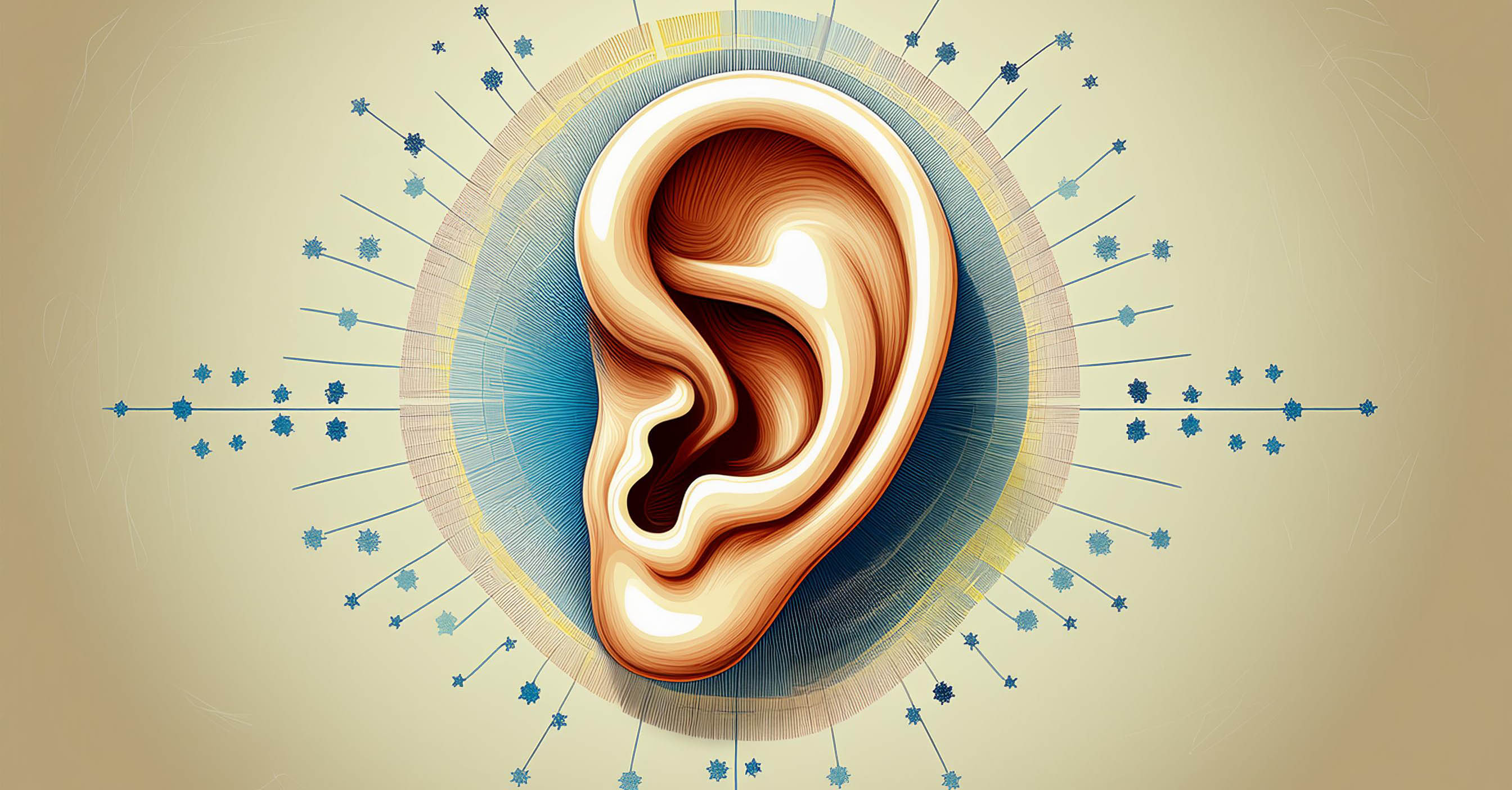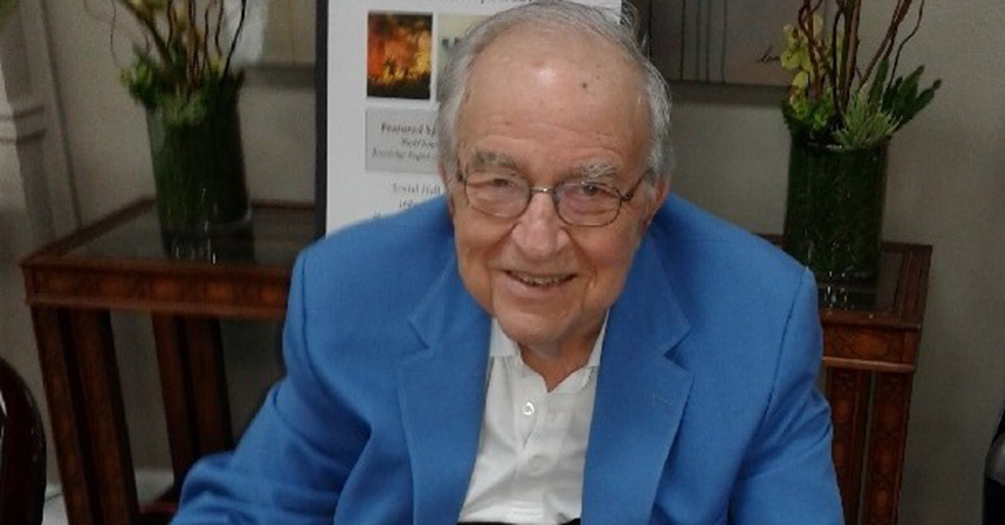
MI-Healthy City Tool helps communities promote health equity across Michigan
The MI-Healthy City Tool, developed by researchers at the University of Michigan School of Public Health, is a comprehensive dashboard analyzing health equity in Michigan's largest cities to inform policy and community action.





